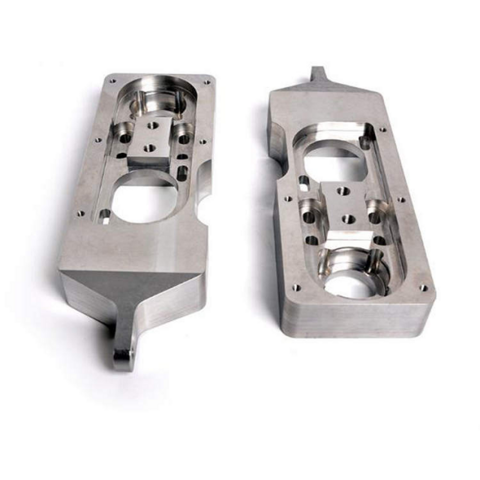Some Known Incorrect Statements About Alcast Company
Some Known Incorrect Statements About Alcast Company
Blog Article
Examine This Report about Alcast Company
Table of ContentsThe 6-Minute Rule for Alcast CompanyNot known Facts About Alcast CompanySome Ideas on Alcast Company You Should KnowNot known Details About Alcast Company The Ultimate Guide To Alcast CompanyNot known Facts About Alcast Company
Chemical Contrast of Cast Aluminum Alloys Silicon promotes castability by lowering the alloy's melting temperature and enhancing fluidness throughout casting. Additionally, silicon contributes to the alloy's strength and wear resistance, making it important in applications where resilience is vital, such as auto components and engine parts.It additionally enhances the machinability of the alloy, making it less complicated to refine right into completed products. In this way, iron contributes to the overall workability of aluminum alloys.
Manganese adds to the stamina of aluminum alloys and boosts workability (aluminum casting company). It is typically used in functioned aluminum products like sheets, extrusions, and profiles. The presence of manganese help in the alloy's formability and resistance to splitting during fabrication procedures. Magnesium is a lightweight element that provides toughness and effect resistance to light weight aluminum alloys.
3 Simple Techniques For Alcast Company
It permits the production of lightweight elements with outstanding mechanical properties. Zinc enhances the castability of light weight aluminum alloys and helps manage the solidification procedure throughout casting. It enhances the alloy's stamina and solidity. It is usually found in applications where elaborate shapes and fine details are needed, such as attractive castings and particular vehicle components.

The key thermal conductivity, tensile strength, return toughness, and prolongation vary. Amongst the above alloys, A356 has the highest thermal conductivity, and A380 and ADC12 have the least expensive.
The Alcast Company Ideas

In precision spreading, 6063 is appropriate for applications where complex geometries and top notch surface area finishes are critical. Instances include telecommunication enclosures, where the alloy's superior formability enables smooth and aesthetically pleasing designs while preserving structural stability. In a similar way, in the Lighting Solutions industry, precision-cast 6063 components develop sophisticated and effective lighting fixtures that call for elaborate forms and excellent thermal performance.
The A360 exhibits superior prolongation, making it suitable for complex and thin-walled components. In precision spreading applications, A360 is well-suited for industries such as Consumer Electronics, Telecommunication, and Power Devices.
Top Guidelines Of Alcast Company
Its one-of-a-kind buildings make A360 a useful option for accuracy spreading in these sectors, improving item durability and top quality. Casting Foundry. Light weight aluminum alloy 380, or A380, is a commonly utilized spreading alloy with several distinct qualities.
In accuracy spreading, light weight aluminum 413 shines in the Consumer Electronics and Power Tools markets. This alloy's exceptional corrosion resistance makes it an exceptional option for outdoor applications, making certain resilient, durable products in the mentioned markets.
Alcast Company - The Facts
The light weight aluminum alloy you choose will substantially affect both the casting process and the properties of the last item. Due to the fact that of this, you should make your decision carefully and take an educated strategy.
Establishing one of the most ideal light weight aluminum alloy for your application will imply evaluating a broad range of attributes. These comparative alloy features follow the North American Pass Away Casting Organization's standards, and we've divided them into 2 classifications. The first classification addresses alloy qualities that influence the manufacturing procedure. The second covers attributes influencing the residential or commercial properties of the final product.
Excitement About Alcast Company
The alloy you pick for die spreading straight affects pop over to this site a number of facets of the spreading process, like exactly how very easy the alloy is to deal with and if it is prone to casting issues. Hot splitting, also recognized as solidification cracking, is a normal die spreading flaw for light weight aluminum alloys that can cause inner or surface-level splits or fractures.
Specific aluminum alloys are extra at risk to hot splitting than others, and your selection must consider this. It can damage both the cast and the die, so you must look for alloys with high anti-soldering residential or commercial properties.
Deterioration resistance, which is already a remarkable quality of aluminum, can differ significantly from alloy to alloy and is an important characteristic to take into consideration relying on the environmental conditions your product will be exposed to (Foundry). Wear resistance is another property generally looked for in aluminum products and can separate some alloys
Report this page